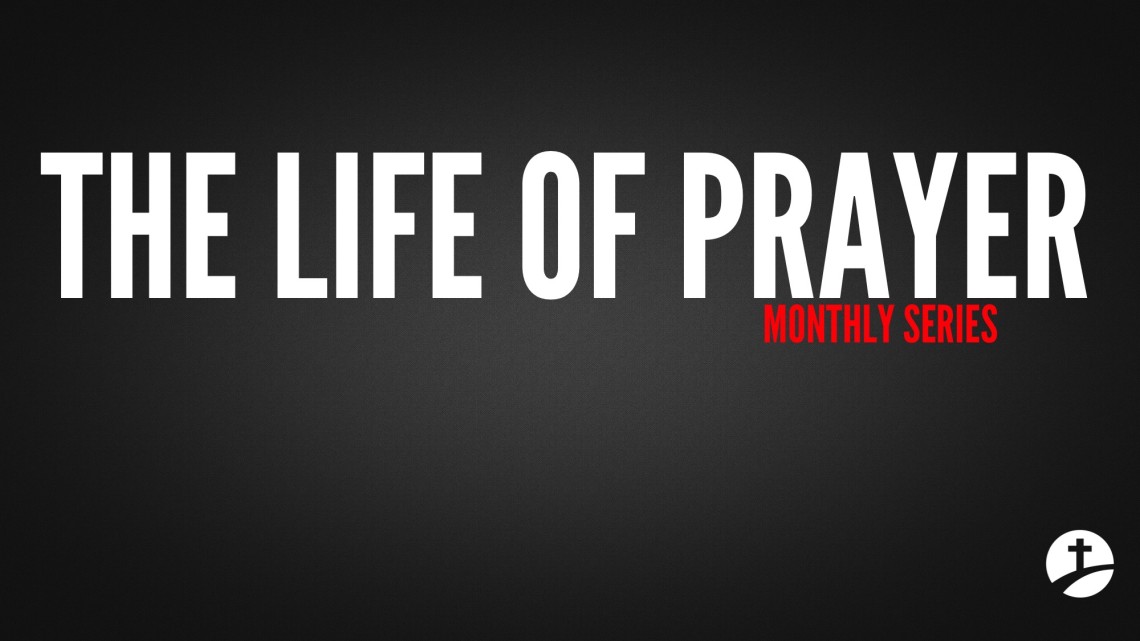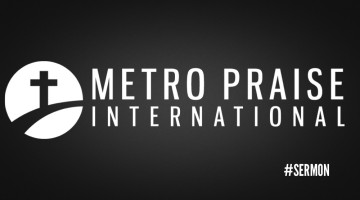Matthew 6:9, “Our Father in heaven, hallowed be your name…”
As Jesus began to teach His disciples how to pray, He gave them a basic outline and prayer routine. Today, his example prayer is known as, “The Lord’s Prayer.” However, many people use this specific prayer to actually violate Jesus’ command in the prior verse by praying it verbatim over and over again. Jesus said in Matthew 6:7, “And when you pray, do not keep on babbling like pagans, for they think they will be heard because of their many words.” Therefore, when well-intentioned people pray this prayer over and over again, they are in danger of sounding like a pagan who continually and mindlessly repeat their same prayers and mantras over and over again.
As a result, the best way to view “The Lord’s Prayer” is to see it more like a “prayer template” rather than a “word-for-word repetitive prayer.” In other words, when we look closely at “The Lord’s Prayer,” we can see five unique areas we can pray at any given time and use our own spontaneous words. Consider these sections as “workout routines,” which will grow you spiritually and make your relationship with God stronger.
The first routine or workout is “praise and worship”, because Jesus starts the prayer by saying, “Our Father in heaven, hallowed by your name.” Just as a good workout routine usually starts with stretches to warm up the body, Jesus starts our prayer workout with welcoming the presence of God through worship. David wrote in Psalm 16:11, “You make known to me the path of life; you will fill me with joy in your presence, with eternal pleasures at your right hand.” We should always be excited to do this section, because it reminds us of our identity in Jesus as God’s living temple (1 Corinthians 3:16). Jesus taught that God the Father is always seeking to visit and bless His true worshippers, those who worship Him in spirit and in truth (John 4:21-24).
As we look closer at this first section, we can learn two lessons. First, “Our Father in heaven,” teaches us that we should always start our prayers by addressing God as our Father and believe that He cares for us. Second, “hallowed by your name,” teaches us to always give honor to the name of God, specifically the Hebrew name for “Lord” which is, “Yahweh” (Isaiah 42:8).
The application for us in this first section of the Lord’s Prayer is simple. Whenever you pray, start by acknowledging God as your Father because He adopted you and brought you into His family (Romans 8:15-17). Then honor His name with worship (Psalm 29:2). This first step reminds us that life isn’t about us.
Human existence was and will always be about God. We don’t start our prayers with lifting up our needs; we start by lifting up our praise.
Charles Spurgeon wrote, “It is, perhaps, one of the hardest struggles of the Christian life to learn this sentence – ‘Not unto us, not unto us, but unto Thy name be glory.’” Jesus promised that when we would seek first God’s Kingdom and His righteousness, all our needs would be met (Matthew 6:33).
A great way to apply this first step in prayer is to start your prayers like this, “Father, I love and adore your name. May you be glorified in my life today and upon this earth. I thank you for all your wonderful blessings in my life.” Then spend time worshipping God and thanking Him for all He has done in your life. Start right now in prayer by honoring your heavenly Father’s name with worship!
Reflection
Do you believe God is a good Father?
Action
- In your prayer times, acknowledge God as your Father. Meditate on James 1:17 and Romans 8:15-17 to help you be thankful for all that He has done for you.
- Repent if you have taken the name of the Lord in vain or treated His name lightly.
- Always make time in your prayers to honor God and worship His name because it represents who He is.



